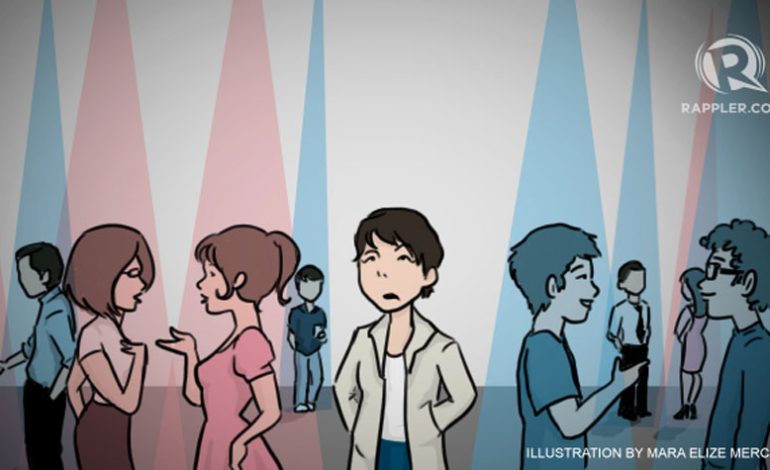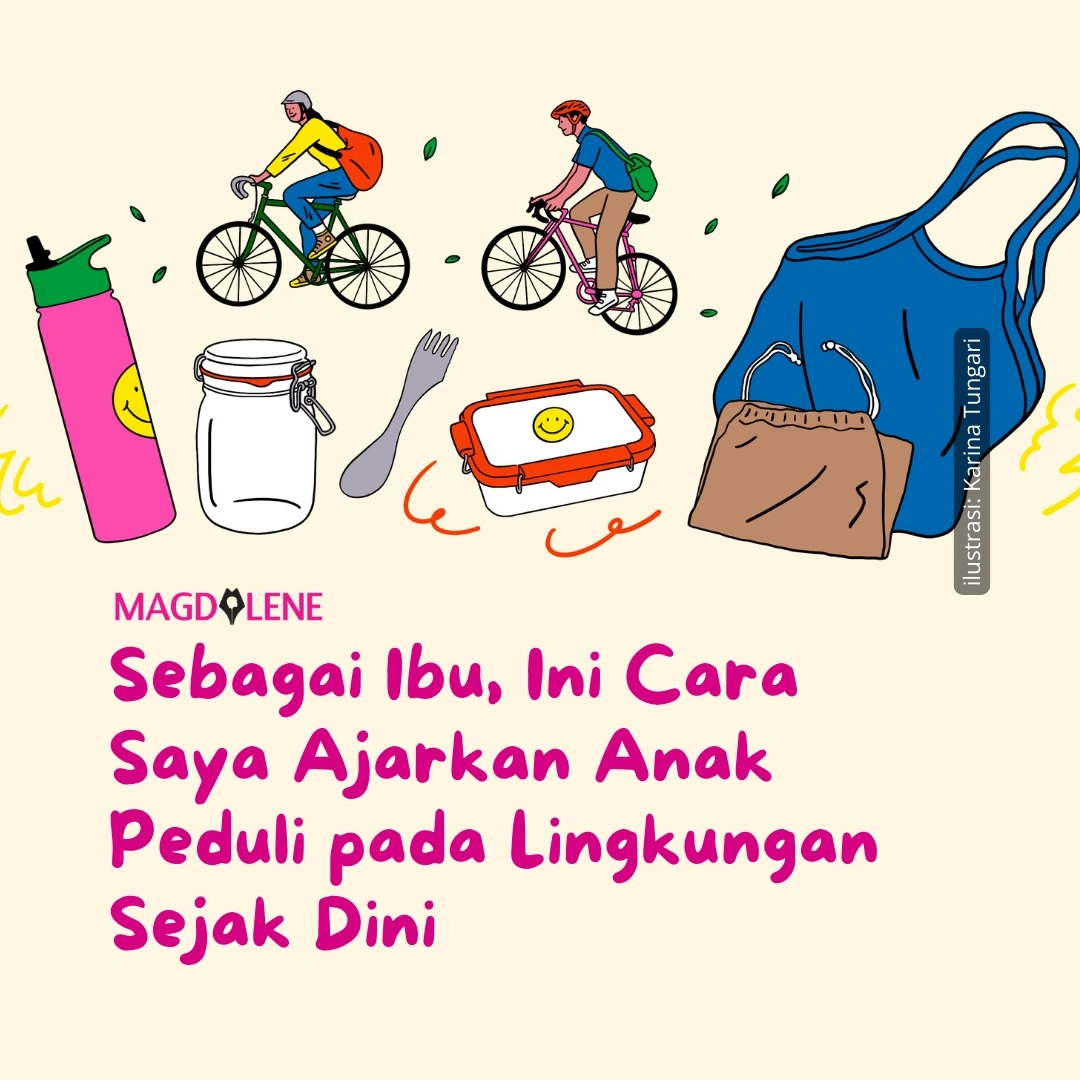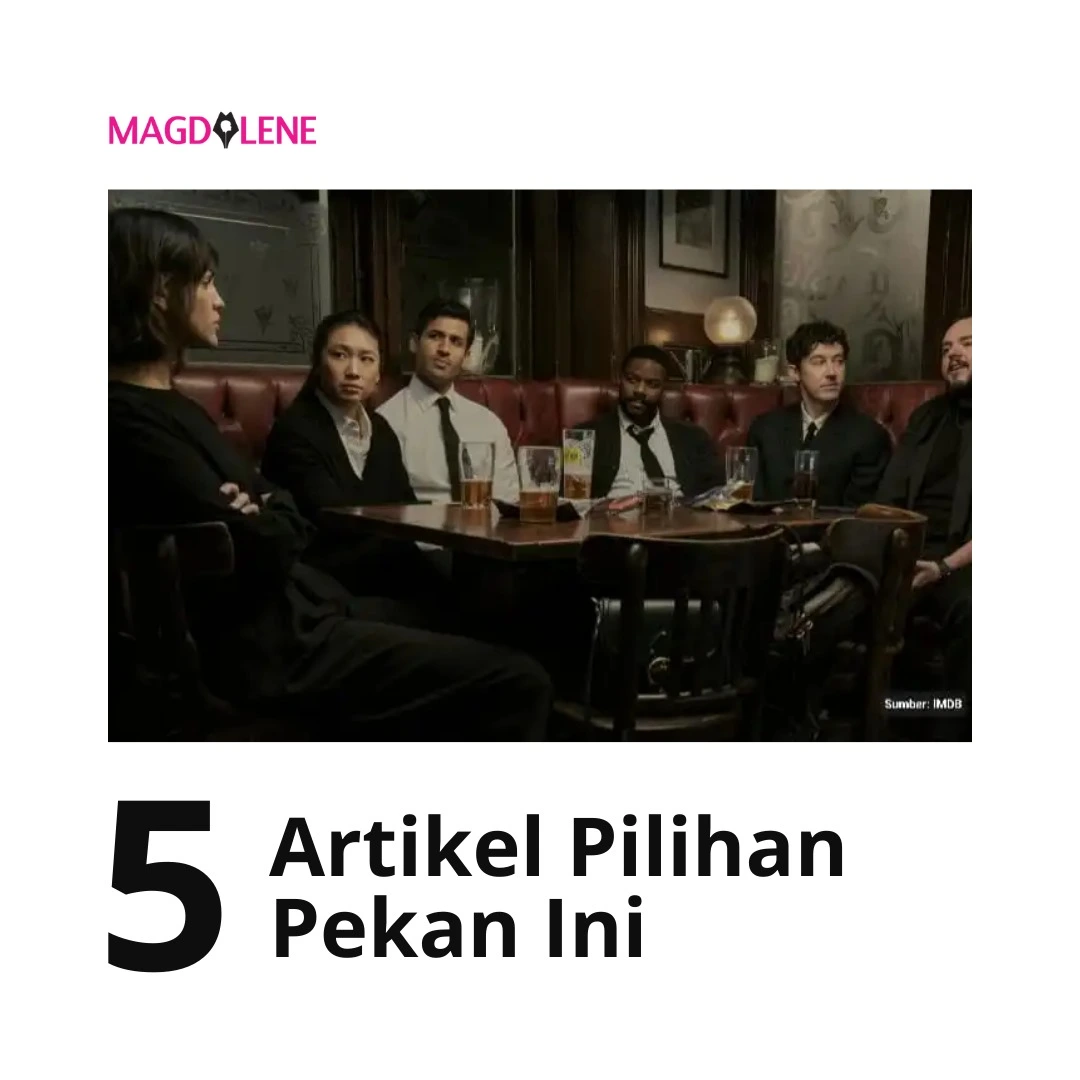Impactful Craft Producer on Being a Dignified Merchant
When her independent bookshop collapsed and her partners left, she stayed and grew what became an impactful craft business, all while staying true to her socialpreneurial mission.

Tobucil (an acronym of toko buku kecil or small bookshop) learned the bitter lesson from other bookshops in the country: You can never rely on the core of your business to survive.
That explains why the store – occupying a small pavilion of about 60 square meter area in downtown Bandung, West Java – looks more like a crafty shop with shelves of DIY materials, stationeries and a floor-to-ceiling rack filled with colorful yarns, aside from books. This particular Sunday noon, a group of people was learning how to do screen-printing from an instructor at the bookstore’s terrace.
“If it weren’t for selling yarns, this shop would have gone bankrupt already,” said Tarlen Handayani, 38, the shop co-founder and manager.
It’s been like a rollercoaster ride for her running the bookshop since 2001. Having just graduated from journalism school at Bandung Islamic University (Unisba), she co-founded the shop with two other friends. Out of their love of books, the three of them collected a small amount of money and utilized their networks of publishers and book communities to establish a bookshop. They didn’t even have to rent a place – an architecture group lent them a space for free.
The shop became a community and an institution for local literacy movement, holding discussions, book clubs and other activities. It was just a few years after the 1998 reform, and previously banned books were free. People had a thirst for dialogs and discussions.
“But then things changed, the generation changed. We had fuel crisis in 2003, and then social media started to emerge. Discussions and dialogs moved online,” Tarlen said.
At the same time, Tobucil had to move due to land dispute and another problem emerged as the hired manager embezzled the money that was supposed to be paid to book publishers.
Tarlen’s friends, meanwhile, had resigned because reality bit. Between making a living and managing a profitless little bookshop, most people would opt for the former.
When it’s free, people take it for granted. Charging a fee makes the monitoring and output clear.
After a series of considerations Tarlen decided to stay and grow Tobucil, with the help of her relatives and friends, who provided another space for the shop.
She started to branch out and opened craft class, seeing that the middle class had the urge for self-actualization. In 2007 Tobucil launched handmade goods bazaar called Crafty Days. There were only 15 participants at that time, but the event became a platform for Tobucil to spread the love and skill for all things craft.
Another turning point came in 2008, when Tarlen received a scholarship from Asian Cultural Council to stay in the United States for four months and learned the business of craft with Etsy, the peer to peer e-commerce website focusing on handmade/vintage goods, and Brooklyn Museum. The experience made her more convinced to reposition Tobucil in literacy movement through craft.
“Craft can be a way toward financial independence for Tobucil. Craft can become a tool for social change,” she said.
She dismissed club-based activities and charged people for classes, ranging from writing and photography to knitting and origami, where 80 percent of the fee is for teachers, and 20 percent goes to Tobucil.
“When it’s free, people take it for granted. Charging a fee makes the monitoring and output clear. It’s beneficial for teachers, even though financially it’s not huge. In terms of output, some of those who took writing classes, for example, have worked in the media or become professional photographers,” said Tarlen.
Crafty Days has grown from 15 participants to 40 people last year that Tobucil had to move the event to Indonesia Menggugat building owned by the local government. This year’s event in September is expected to lure more participants.
“Literacy movement becomes a step more concrete. Knowledge is implemented into real work. In other cities people have been inspired to create similar spaces. Interaction has given birth to knowledge, community building, networks. Even though we’re based in Bandung, we have to be connected with a lot of people,” she said.
Self Sufficiency

At the moment, Tobucil is able to support itself, having regular income to pay its operation that includes rent and paying five people who manage the place.
Tarlen, meanwhile, has her own business to support herself, with the brand vitarlenology, an anagram of her name and a Pearl Jam album (she is a huge fan).
“I was thinking of some way to earn an income that is in line with and beneficial for Tobucil, so that I can focus on managing the shop. I then focus on book-binding, creating notebooks and merchandise,” she said.
“Compared to the U.S. or other countries, people don’t pay good attention to merchandise here. Look at the museums there, they have killer merchandise.”
The business is going well, Tarlen said, that she often sponsors Tobucil’s events. But she is careful not to subsidize the shop too much.
“I’m learning from a similar community space where the founder is too heroic and throws in too much money that it becomes unsustainable,” she said.
One thing that Tobucil has consistently rejected is donor or sponsor, which caused some people to sneer and call it “poor but too proud.”
“I learned from other institutions that rely too much on external funding and sponsors. When the fund runs out, the projects are finished. That’s not good,” she said.
“Another thing with funding and sponsor, the organizations receiving the fund need to constantly have a selling point to get sponsor and they tend to sell out. The selling point is also measured by superficial things, like followers. We don’t want that. We don’t want to focus on quantity, selling numbers of followers. Social change cannot be measured by followers.”
Some donors have approached Tobucil but they were too politically charged that Tarlen and friends decided to reject it.
“We also refuse to enter social entrepreneurship competition because it is not the work of one person only. Tobucil is a work of community. We don’t want to claim it as our own, it’s not fair,” Tarlen said.
I learned from other institutions that rely too much on external funding and sponsors. When the fund runs out, the projects are finished. That’s not good.
“People criticize us, why doesn’t Tobucil want to grow bigger? We ask them back, what does ‘big’ mean? Does it mean more progress? Maybe, like a plant, we don’t have taproot, but we have fibrous roots that spread ideas everywhere. We’re doing the best of our capacity right now.”
People have been too hung up with economic measurement, dictated by sponsor and funding, she said.
“Small businesses are measured by turnover. Many have high turnover but also high debt. It’s time to appreciate different types of growth and impact. With time, I learned that many organizations in social change movement fail to define the meaning of ‘sufficient.’ Should we all have linear growth? Maybe we should have different patterns of success,” she said.
Commenting on the government’s increasing focus on creative economy, she expressed her concerns that it is often done hastily.
“Tobucil decided to focus on exploration and experimentation, accommodating people who are just starting. Somebody has to do it otherwise everything becomes instant, everyone is jumping into production, wanting to sell something but does not pay attention to process,” she said.
“We are more into technical, material exploration. Skill is important, technical mastery is crucial.”
Tobucil aims to grow organically, little by little but in stable pace, as it believes a more sustainable change is the one done slowly but surely.
“Sure, we want to have an impact to society, but we don’t think about it too much. Social movement loses its appeal when it tries too hard to change people,” Tarlen said.
She learned from old-timer businesses like Kopi Aroma, a Bandung-based coffee producer that has been producing quality coffee since 1930. Many people have encouraged the owner to open chain store to compete with Starbucks, but the owner has been saying no.
“The owner, Pak Widyapratama, still wakes up everyday at 4 a.m. and works hard on maintaining the quality. He said if he were opening a franchised store, the purpose of the business would change. He would no longer think about producing quality coffee, but on how to make coffee sells a lot. And he would focus on making profits by any means necessary,” Tarlen said.
“He said as merchant or trader, we have to know our limit and what’s important. It’s from people like them that I learn to keep my dignity as a merchant.”
Read Hera’s piece on a woman who turned trash into biogas and follow @heradiani on Twitter.












